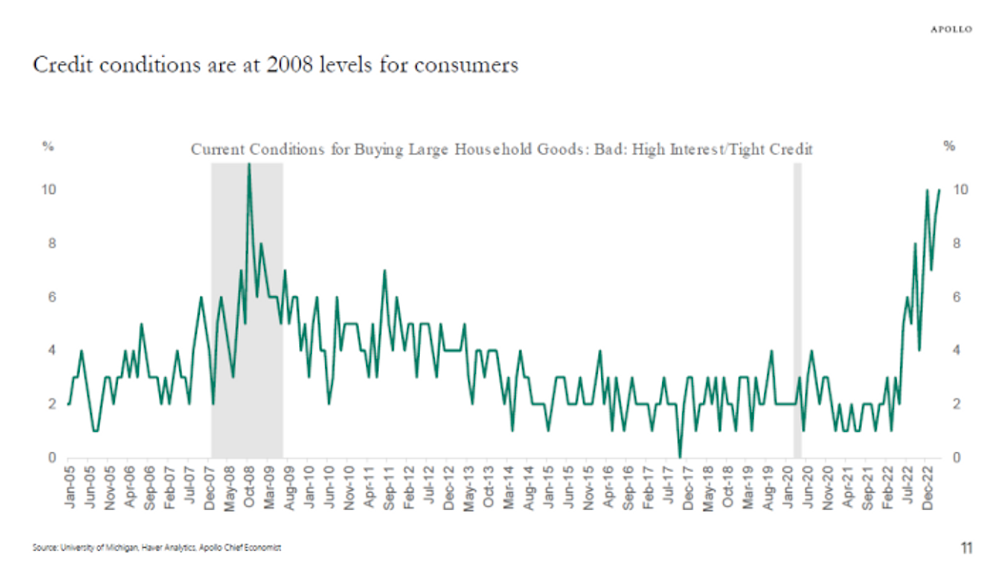 WASHINGTON (MarketWatch)
WASHINGTON (MarketWatch)The U.S. trade deficit shrank in June by 22.4% to $34.2 billion to mark the smallest gap since fall 2009, a decline likely to give a boost to the nation's 1.7% growth figure for the second quarter when it's revised at the end of the month
A smaller deficit is a positive for gross domestic product
Economists surveyed by MarketWatch had forecast the deficit to fall to $43 billion
What's more, the trade gap for May was also revised a touch lower to $44.1 billion from $45.0 billion, the Commerce Department said
The Sharp narrowing of the trade gap reflected higher exports and lower imports
Imports decreased by 2.5% in June to a seasonally adjusted $225.4 billion, while exports rose 2.2% to $191.2 billion
The U.S. exported more oil, chemicals, jetliners and jewelry and imported less oil, cell phones and industrial supplies
The trade deficit with Europe declined to $6.74 billion in June from $12.36 billion in May on an unadjusted basis, mainly because the U.S. imported fewer goods and services from that región



















1 comentario:
WASHINGTON (MarketWatch) - The initial cut in the Federal Reserve's bond buying program could come at any of the three remaining policy meetings this year: September, October or December, said Dennis Lockhart, the president of the Atlanta Fed Bank on Tuesday. In an interview with MNI, Lockhart said October should not be ruled out even though Fed Chair Ben Bernanke is not scheduled to hold a press conference after the meeting. Lockhart said he was not disappointed by the July unemployment report and said he'll be watching data closely for "the next few weeks" to see if the economy is on track for faster growth. Lockhart said he'd like to see job gains average 180,000 to 200,000 per month. Job gains in that range and faster growth could allow the Fed to remove the asset purchase program over the medium term. But if growth slows from this point, or start to look like it is "kind of moping along," than it is not a "foregone conclusion" that the Fed should taper, he said. Lockhart is not a voting member of the Fed's policy-making committee this year. He is seen as one of the least ideological members of the central bank and is often close to the consensus view
Publicar un comentario